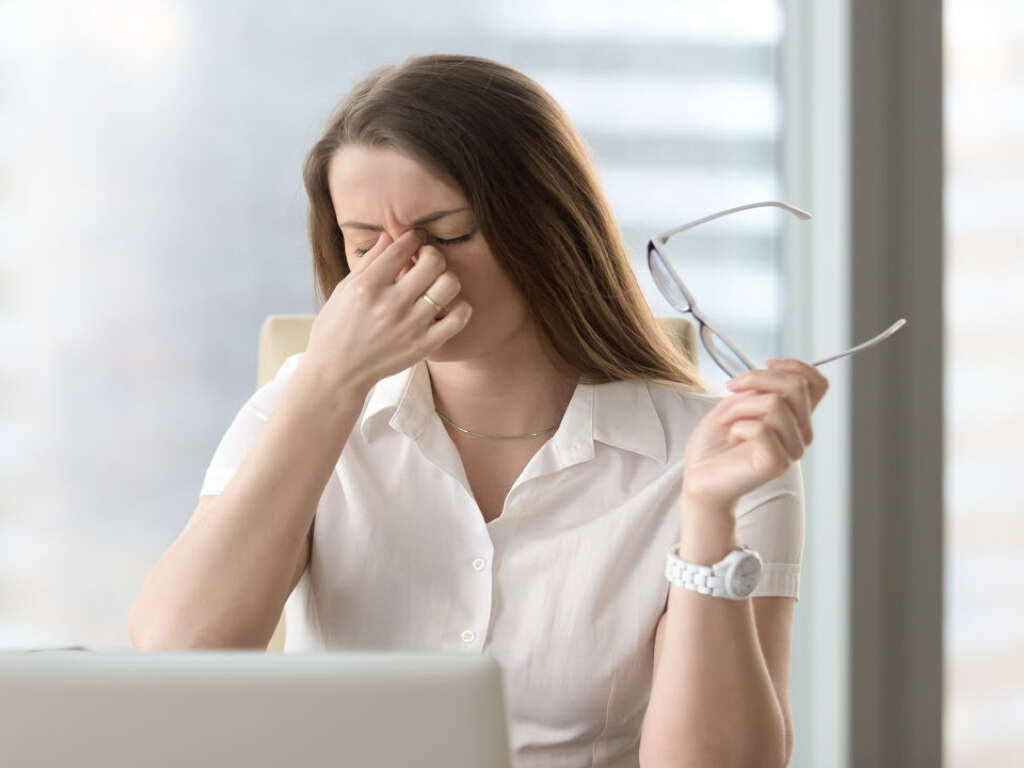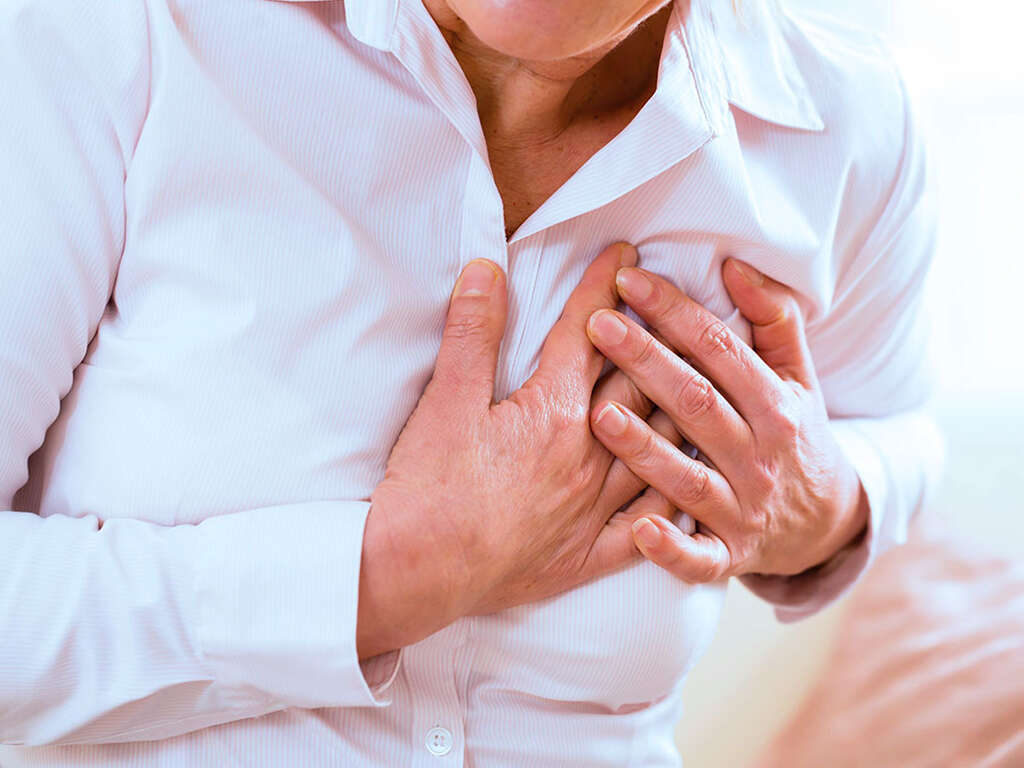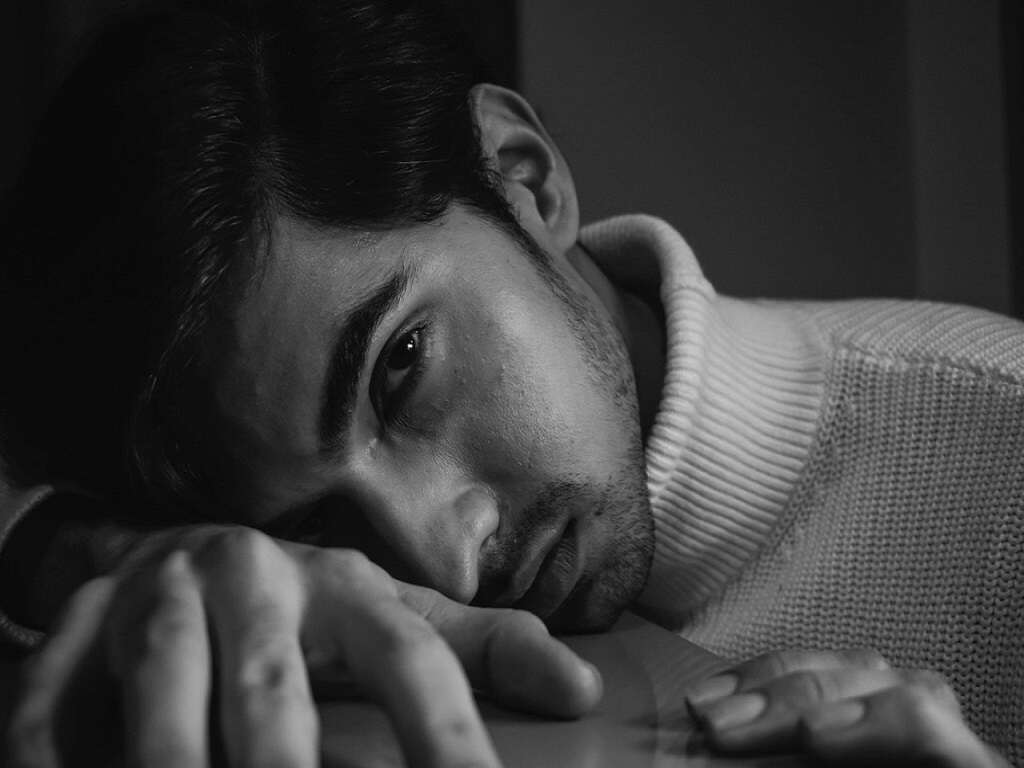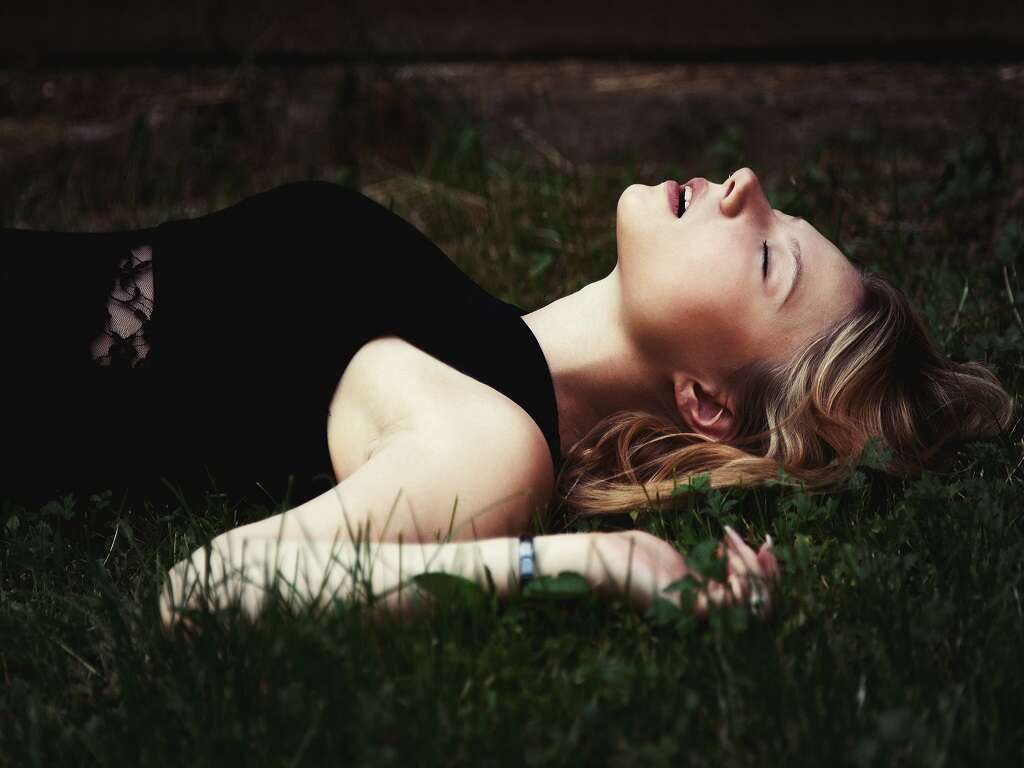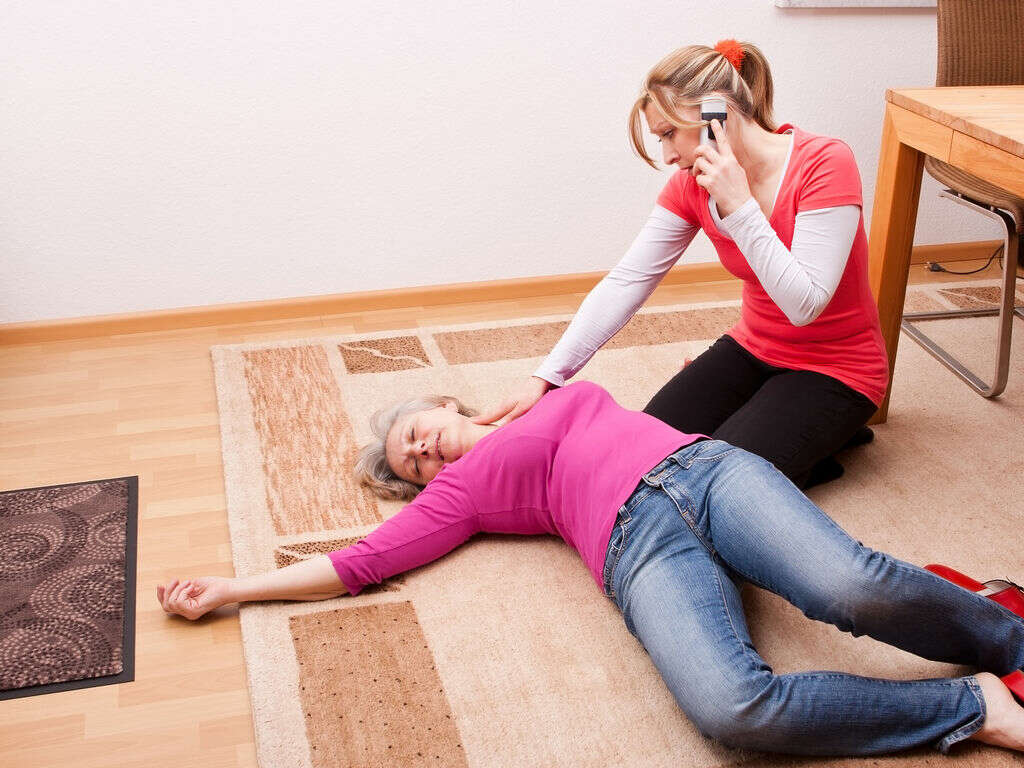10 Syncope Symptoms
 Article Sources
Article Sources
- 1. 'Syncope (Fainting). Www.heart.org, www.heart.org/en/health-topics/arrhythmia/symptoms-diagnosis--monitoring-of-arrhythmia/syncope-fainting
- 2. 'Binge Drinking & Alcohol Blackouts - What Are the Dangers of Blackouts?' Alcohol.org, www.alcohol.org/effects/blackouts-dangers/
- 3. 'Heatstroke.' Mayo Clinic, Mayo Foundation for Medical Education and Research, 18 Aug. 2020, www.mayoclinic.org/diseases-conditions/heat-stroke/symptoms-causes/syc-20353581
- 4. Russ. 'Glaucoma, Tunnel Vision and Low Vision.' Optometrists.org, 10 June 2021, www.optometrists.org/general-practice-optometry/guide-to-low-vision/glaucoma-tunnel-vision-and-low-vision/
- 5. 'Tinnitus.' Mayo Clinic, Mayo Foundation for Medical Education and Research, 4 Feb. 2021, www.mayoclinic.org/diseases-conditions/tinnitus/symptoms-causes/syc-20350156
Also known as fainting or passing out, syncope is a temporary loss of consciousness, usually due to temporary lack of blood flow to the brain.1‘Syncope (Fainting). Www.heart.org, www.heart.org/en/health-topics/arrhythmia/symptoms-diagnosis–monitoring-of-arrhythmia/syncope-fainting Sudden drops in blood pressure or heart rate can cause syncope. When syncope occurs and a person passes out, they are likely to become conscious and alert right away, albeit a little confused for a short time.
Syncope can happen at any age, although it is more common as people get older and it can occur in people with or without medical conditions. Syncope symptoms vary, but the more common include dizziness and feeling lightheaded.

Dizziness
Syncope can cause serious injury if a person falls and hurts themselves. It can be especially life-threatening when the person is behind the wheel of a car when it happens. In addition, certain syncope symptoms or signs may be an indication that fainting is about to occur. One such symptom is dizziness.
Dizziness should not be confused with lightheadedness. They are different. Dizziness will feel as though the surroundings are spinning. This is known as vertigo. Dizziness can occur as a result of certain medications or inner ear infections, among other reasons.

Feeling Lightheaded
Although lightheadedness and dizziness can sometimes feel similar, they have different causes. Lightheadedness is a common symptom of syncope. Someone who is lightheaded may feel as though they are about to faint. Their bodies may begin to feel heavy and their heads empty and light.
Lightheadedness commonly occurs when standing up too quickly, which results in decreased blood flow to the brain. This can cause a person to feel faint. It's not uncommon for lightheadedness and dizziness to occur simultaneously.
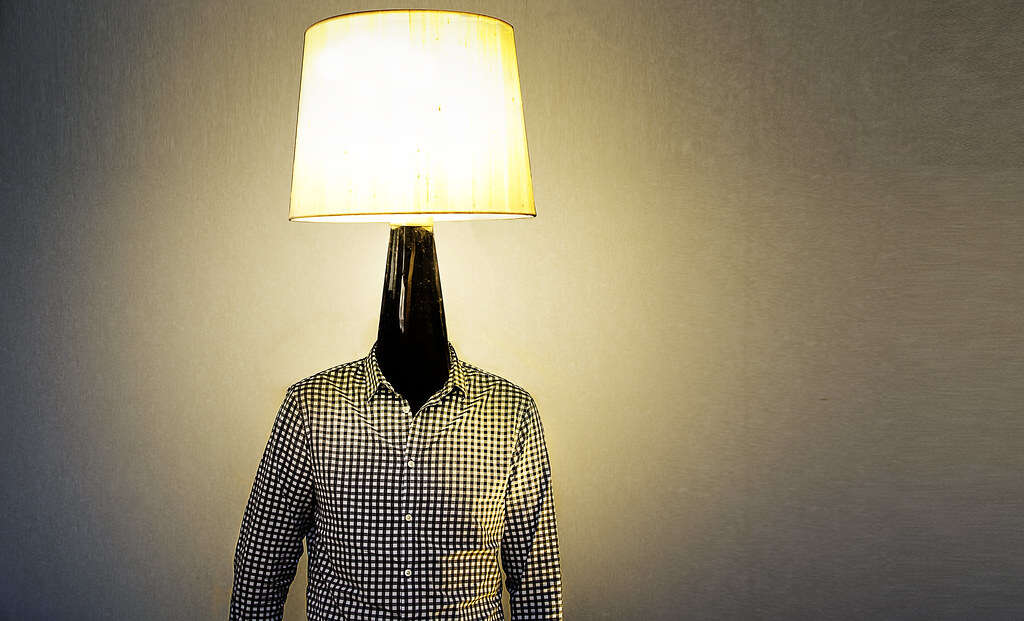
Fatigue
It's not uncommon for an individual to feel sickly after coming round after a faint. They may even vomit or have diarrhea. They could also experience prolonged fatigue, another symptom associated with syncope.
Someone with fatigue feels more than just tired. They may have difficulty getting out of bed in the morning or carrying out daily tasks. Brushing their hair or teeth may take a monumental effort. Over time, prolonged physical exhaustion can lead to mental fatigue, often described as brain fog.
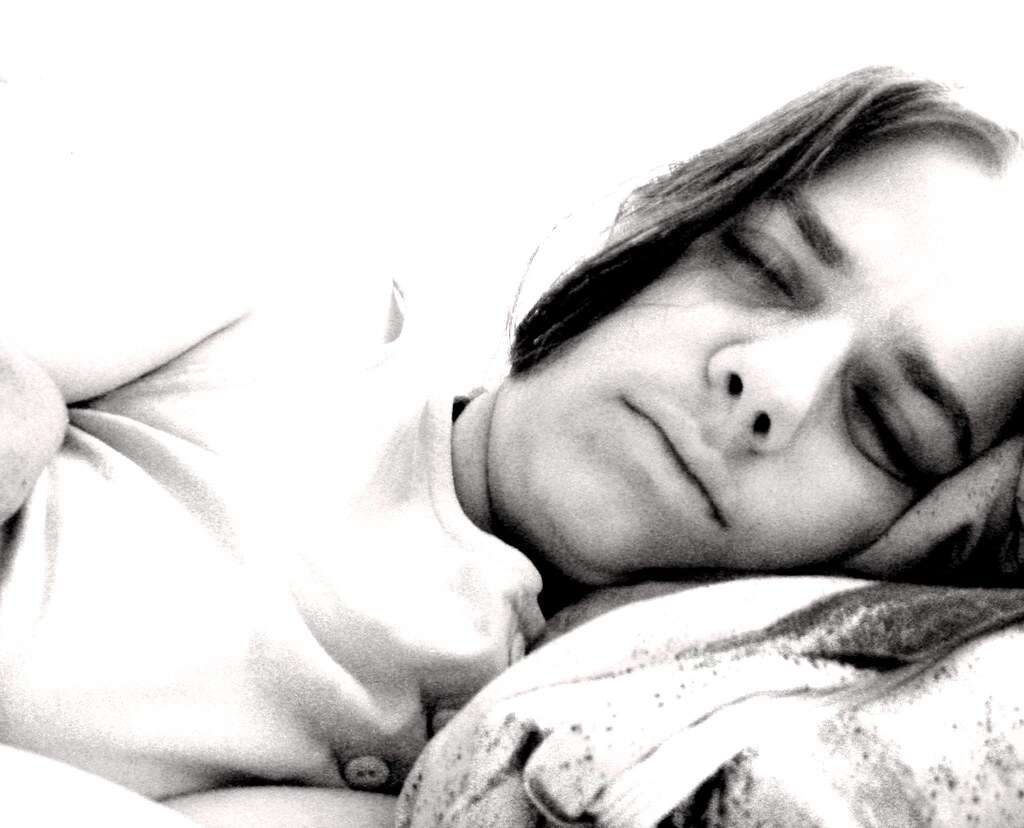
Blackouts
When an individual consumes too much alcohol, there is a chance that his blood vessels will expand, causing blood pressure to fall and syncope to occur. In addition, blackouts, another syncope symptom, may occur when a body's alcohol levels are too high.
Partial and complete make up the two types of blackouts. People having partial blackouts may recall certain forgotten events with the help of verbal or visual cues. However, an individual experiencing a complete blackout is unlikely to remember anything, even with cues.2‘Binge Drinking & Alcohol Blackouts - What Are the Dangers of Blackouts?’ Alcohol.org, www.alcohol.org/effects/blackouts-dangers/

Fainting after Exercise
It's not unusual to feel overexerted after a training session or group exercises, such as spin class or aerobics. When a person overburdens themselves during a workout, it can cause blood pressure to drop, resulting in syncope.
Preventing future episodes of syncope due to overexertion can be achieved by taking it one step at a time. Pushing limits during exercise is normal practice, but it needs to be progressive rather than aggressive.

Clammy Skin
When a person's body becomes too hot, it can sometimes result in heat exhaustion which, if ignored, could lead to the sometimes life-threatening condition heat stroke.3‘Heatstroke.’ Mayo Clinic, Mayo Foundation for Medical Education and Research, 18 Aug. 2020, www.mayoclinic.org/diseases-conditions/heat-stroke/symptoms-causes/syc-20353581 Heat exhaustion can sometimes lead to syncope.
Individuals with heat stroke may notice their hands are all sweaty and clammy. This is the body's normal response to overheating. The sweat produced helps the body to cool down. Clammy skin not caused by overheating may signify a more serious condition such as hypotension or internal bleeding.

Tunnel Vision
The sight of blood or extreme emotional distress can result in a faint. This is known as vasovagal syncope. As a prelude to fainting, a person may experience tunnel vision, so they stop being able to see things normally in their peripheral vision.
The loss of peripheral vision can occur for a variety of reasons, including migraine, glaucoma and stroke.4Russ. ‘Glaucoma, Tunnel Vision and Low Vision.’ Optometrists.org, 10 June 2021, www.optometrists.org/general-practice-optometry/guide-to-low-vision/glaucoma-tunnel-vision-and-low-vision/ In addition, tunnel vision can have an adverse effect on a person's life as it restricts their freedom of movement.

Stars in Front of the Eyes
Syncope can cause injury to a person's head. It is not uncommon for an individual to see spots in front of their eyes after a bang to the head resulting from a faint. It occurs due to the scattering of nerve signals in the brain, which can temporarily affect vision.
Many people with migraines may see the colorful flashes of light that resemble stars. Viral eye infections and poorly controlled blood pressure are other causes of stars in front of the eyes.
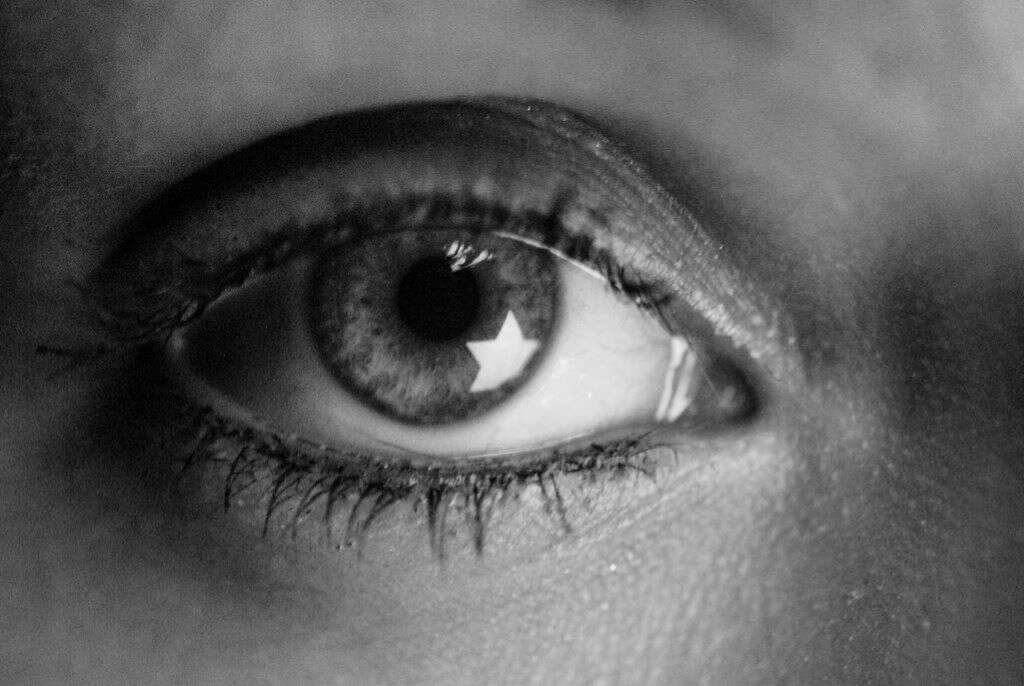
Nausea
Feeling unwell after fainting is not unusual. A person may feel nauseous and succumb to vomiting. The discomfort in the stomach and urge to vomit may be accompanied by other sensations, such as heaviness and tightness.
Nausea can stem from a variety of causes, such as certain foods or medications. It is important to remain hydrated to prevent dehydration that can occur when there's no desire to drink fluids due to stomach upset.

Ringing in the Ears
Before a person with syncope passes out, they may first experience sweating, blurred vision or a ringing in the ears. Ringing in the ears, usually referred to as tinnitus, commonly occurs alongside dizziness. In fact, tinnitus and vertigo are very closely related.
Both diseases of the ear, tinnitus and vertigo, can cause balance issues, sometimes resulting in a faint. The sometimes buzzing or whistling sound that people experience due to tinnitus may be the result of hearing loss, ear infections and head or neck injuries.



